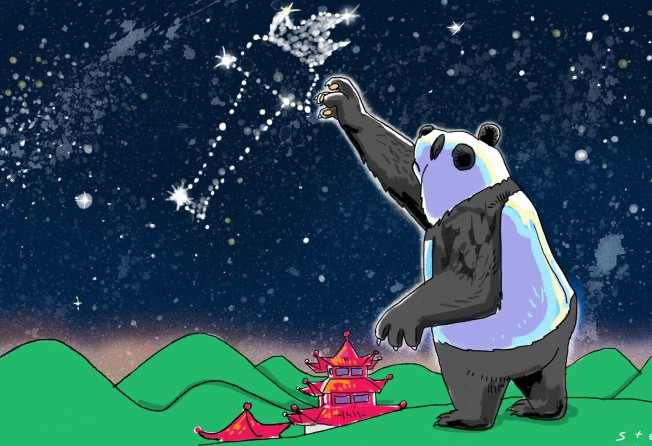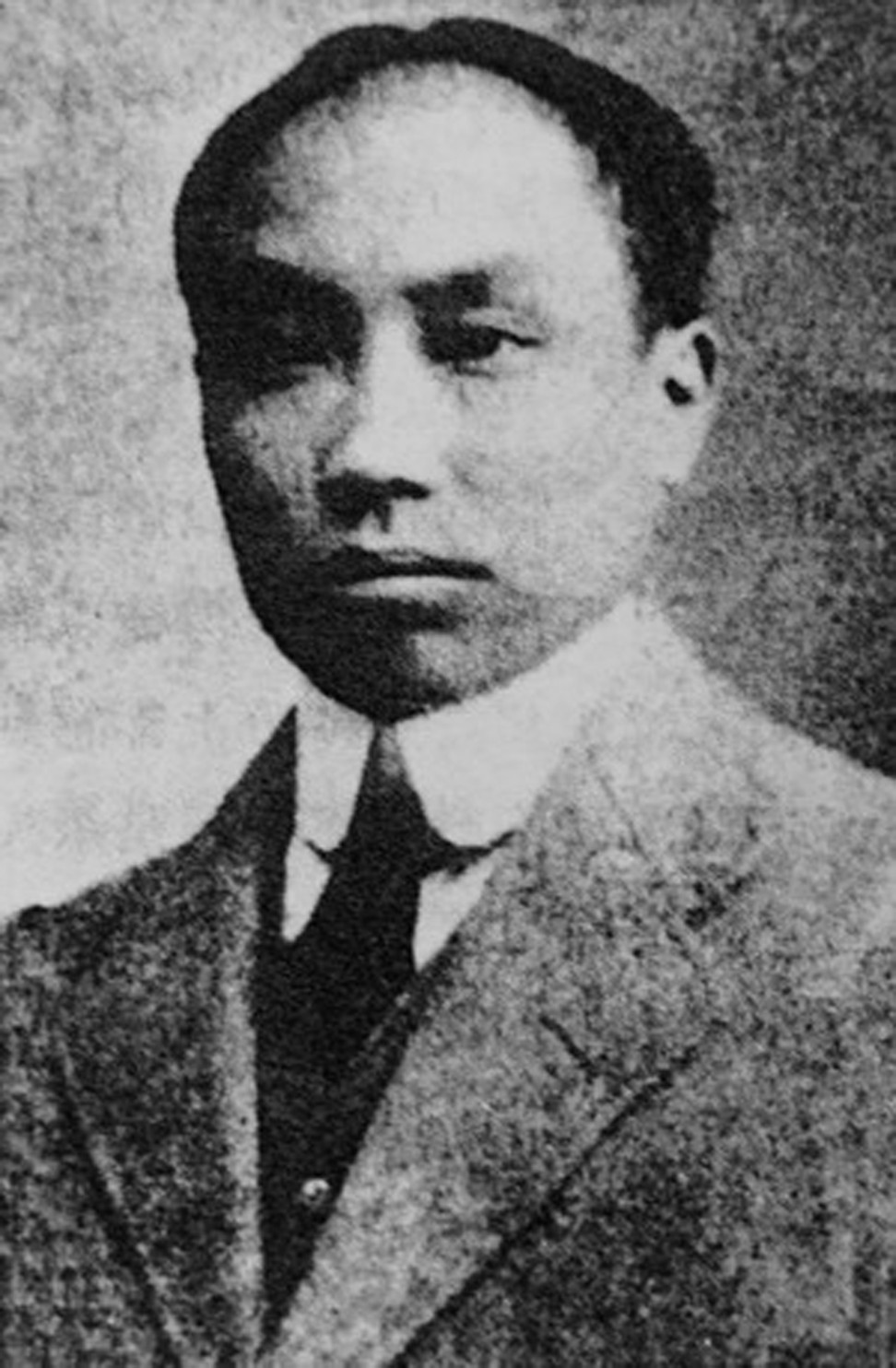Xi Jinping would rather the Chinese forgot the true legacy of the May Fourth protests. But we mustn’t
- A century on, Beijing is turning the May Fourth Movement into a lesson in patriotism. But we also need to remember that, before the communist takeover, the student demonstrations of 1919 were associated with democracy

In a recent speech commemorating the 100th anniversary of the May Fourth Movement, President Xi Jinping called on Chinese youth to embrace the May Fourth spirit.
The May Fourth Movement was a critical moment that shaped contemporary history in China. It began in 1919 with student demonstrations in Beijing and across the country, after victorious Western powers in the first world war decided during peace talks in Paris to allow Japan to keep former German concessions in Shandong. The protests, against both Western imperialism and the Chinese government’s weak response to the decision, marked the emergence of nationalism and sparked more discussion about Chinese culture.
A heated debate had already begun a few years earlier as part of the New Culture Movement, which fed off disillusionment with traditional Chinese institutions and disappointment at the Chinese Republic. More than ever, Chinese intellectuals called for the rejection of Confucius values and the creation of a new culture based on Western ideas.
So what is the May Fourth spirit? Before the Communist Party took power in 1949, it was generally understood as democracy and science. Chen Duxiu, a leader of the New Culture Movement and the dean of the School of Letters at Peking University, referred to them as “Mr Democracy” and “Mr Science” – “only these two gentlemen can save China from the political, moral, academic and intellectual darkness in which it finds itself”, he wrote.
After 1949, the Communist Party redefined the May Fourth spirit as patriotism, progress, democracy and science. In Xi’s speech, democracy and science got brief mentions, but his emphasis was on patriotism.
“History profoundly reveals that patriotism has flowed in the blood of the Chinese nation since ancient times,” he said. He also urged Chinese youth of the new era to obey and follow the party.
His speech underscores the Communist Party’s resolve to determine the legacy of the May Fourth Movement, especially after the Tiananmen protests in 1989, a student movement which was met with a government crackdown in Beijing.
Back in May 1989, as a patriotic young factory worker in Nanjing, I organised a protest among factory workers in support of the pro-democracy movement in Beijing because I was inspired by our forebears of 1919. As both the centenary of the May Fourth Movement and the 30th anniversary of the June 4 incident approach, I can’t help but link the two events and wonder about China’s future.
Xi is keen to situate the May Fourth Movement in the context of the history of the Communist Party, which was founded by revolutionaries, including Chen, in 1921. At school, we all learned how the party ended China’s “century of humiliation” at the hands of Western powers and put the country on the road to rejuvenation. Many party leaders emerged during the May Fourth Movement, including Mao Zedong, who was an activist in Changsha in the summer of 1919.

However, this is just part of the story. There is also an anti-authoritarian streak in the May Fourth Movement. In the lead-up to the 1919 protests, intellectuals such as Japan-educated Chen and his Peking University colleague, US-educated Hu Shih, not only revolted against traditional Chinese culture but also explored liberalism, pragmatism, individualism, feminism and even anarchism. Freedom of thought and tolerance were two highly prized values.
At the centre of this intellectual ferment were Mr Democracy and Mr Science.
Science has developed rapidly since the 1990s in China, and it is now poised to be a technology superpower. It has built a vast network of high-speed trains and landed the Chang’e-4 spacecraft on the far side of the moon. It is a leader in mobile technology, green energy, artificial intelligence and much more. But democracy has faltered.
It has been 60 years since Mao established the “People’s Democratic Dictatorship”, as he called it in a speech. In the reform era, the Chinese people have enjoyed a great deal more personal freedom, but no real democracy. The Communist Party claims to have developed its own democratic system, which involves not holding open elections but listening to representatives of the people and acting on their suggestions. And in the current reign of Xi, there has been a tightening of political censorship and repression.
Yet, without democracy, China has dazzled the world with its economic growth. Globally, democracy also seems to be in retreat (see Turkey, Myanmar and Venezuela). Under President Donald Trump, democratic standards are declining in the United States. In Britain, one of the world’s oldest democracies, politicians are endlessly bickering about Brexit and going nowhere – which must tickle the Chinese leaders who have never had to deal with such problems.
Yet, 100 years after the May Fourth Movement, democracy is still worth pursuing. Sure, things can still go wrong in a democratic country, and a democratic government may not operate as efficiently as an authoritarian one. But a democratic constitution limits the state’s power and therefore protects citizens’ rights and interests.
On the whole, democratic countries are richer than non-democratic countries, their societies fairer and their peoples happier because they have a say in their children’s future.
On the occasion of the centenary of May Fourth Movement, I long for Mr Democracy. So do millions of others, I am sure.
Lijia Zhang is a rocket-factory worker turned social commentator, and the author of a novel, Lotus